This Week in History recalls memorable and decisive events and personalities of the past.
10th November 1444 – Battle of Varna: The crusading forces of King Władysław III of Poland (aka Ulaszlo I of Hungary and Władysław III of Varna) are defeated by the Turks under Sultan Murad II and Władysław is killed
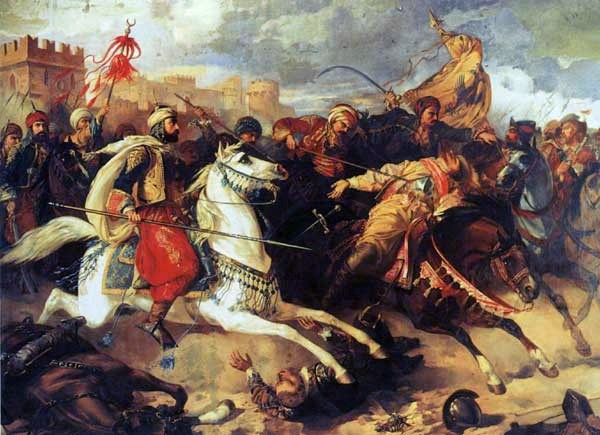
During the early 1400s, the Ottoman Empire was expanding across the Balkans, defeating the last remnants of the Eastern Roman Empire, the Serbian Empire, the Bulgarians as well as the Venetians.
The Hungarians grew fearful of the expansion of Ottoman power and attempted to rally an alliance of Christian powers to check Ottoman growth. In 1437, however, the Hungarian kingdom fell into crisis when King Sigismund died. His son-in-law ruled for just two years before he, too, died, his wife pregnant with their child. Without a king, the kingdom fell into chaos and the nobility of Hungary asked the king of Poland to take over the throne to restore order.
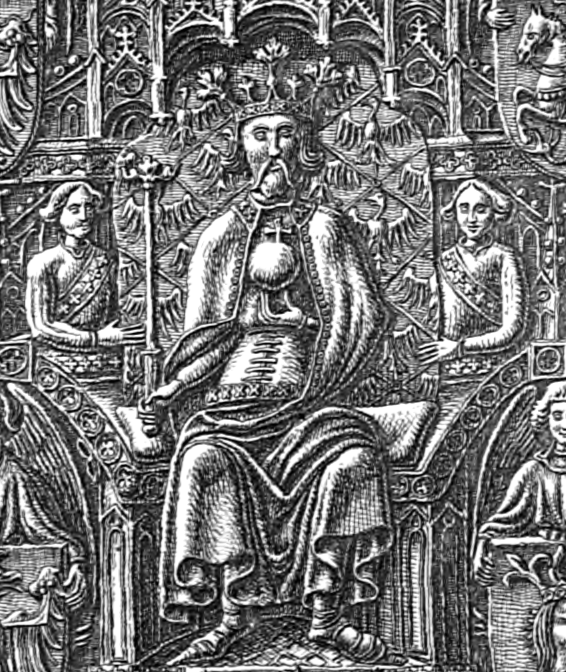
As a result, King Władysław III of Poland was crowned King of Hungary and moved his court into the kingdom to begin restoring order. During this period of chaos, the Ottoman armies had marched on the southern Hungarian fortress city of Belgrade, the modern Serbian capital. After a long siege the Ottomans failed to take the city and retreated.
In 1442, the Ottomans offered to treat for peace if Hungary would turn over Belgrade to them. Władysław rejected this offer and instead appealed to the Pope in Rome for assistance.
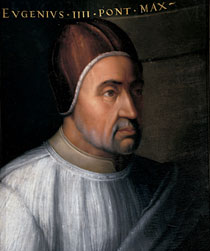
The Pope had long been advocating for a crusade against the Ottomans, with a view to expelling them from Europe. Around this time rumours began to circulate that the Ottomans were in a poor state due to infighting and attacks by their Turkish enemies in Anatolia; this encouraged Pope Eugene IV to declare a crusade against the Ottomans, which he did on 1 January 1443.
Soon a large army of Poles, Lithuanians, Ukrainians, Hungarians, Croatians, Bohemians, Romanians, Bulgarians, Bosnians, Italians, and crusading knights from Germany joined together to form a large force of around 20 000, and marched on the Ottomans.
Throughout 1443, the crusaders had some early success, but were defeated at the Battle of Zlatitsa near the end of the year. However, they managed to keep their army intact, and when ambushed during their retreat, the crusaders turned the table on their attackers and managed to regain their momentum in the campaign – even capturing the Ottoman Sultan’s son-in-law and the brother of the Grand Vizier.
In March 1444, the Ottomans sought peace, with the Sultan’s sister reportedly begging him to do so and enable her to see her husband again, as he had been captured by the crusaders.
In August the two sides signed a treaty. However, the crusaders wanted to continue the fight; after fulfilling some of the requirements of the treaty, they returned to the campaign. The Ottoman army of 60 000 marched to face them, and they met near the Bulgarian fortress of Varna.
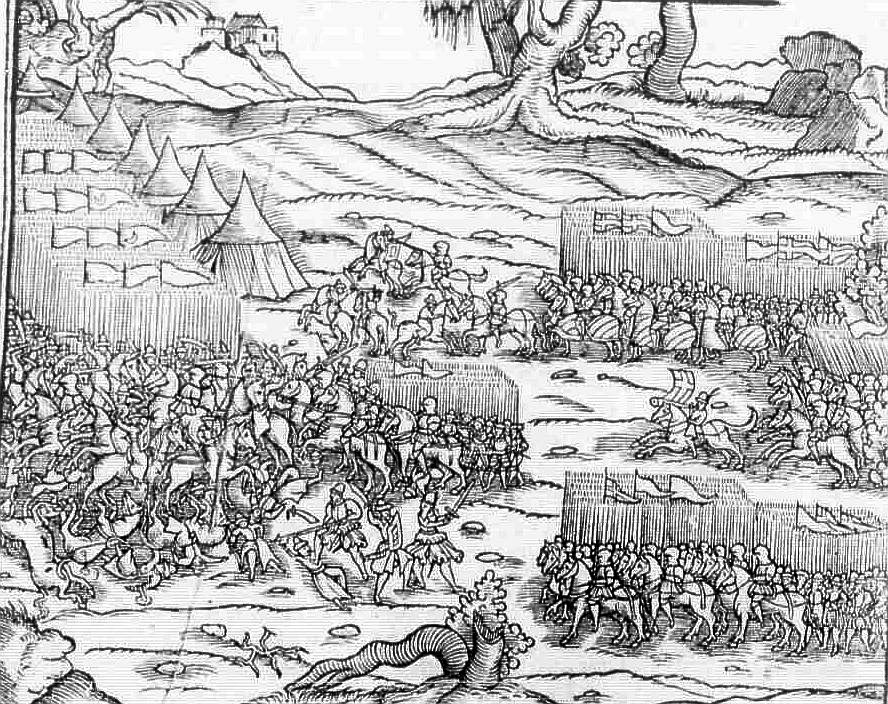
The initial Ottoman attack on the crusader lines by light cavalry was beaten back, but a group of crusaders chased the Ottoman troops as they retreated in a disorderly and chaotic manner. This led the crusaders into a trap, and they were dispersed. The Polish-Hungarian king then led 500 knights in a charge against the centre of the Ottoman lines. They almost succeeded in breaking through, but were checked right at the Sultan’s tent, and massacred.
In the chaos following King Władysław’s death, the crusader army was mostly wiped out and the Ottomans achieved a decisive victory.
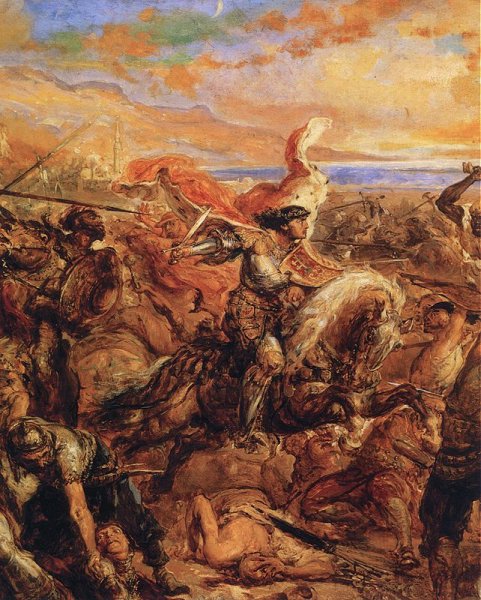
With their triumph at Varna, the Ottoman hold on the Balkans became nearly unshakable and would last until the late 19th century.
In the aftermath of the defeat of the crusaders, there was no one to send to aid the City of Constantinople, the capital of the Eastern Roman Empire, and it would fall to Ottoman forces in the year 1453 in what would finally be the end of the Roman Empire.
If you like what you have just read, support the Daily Friend

